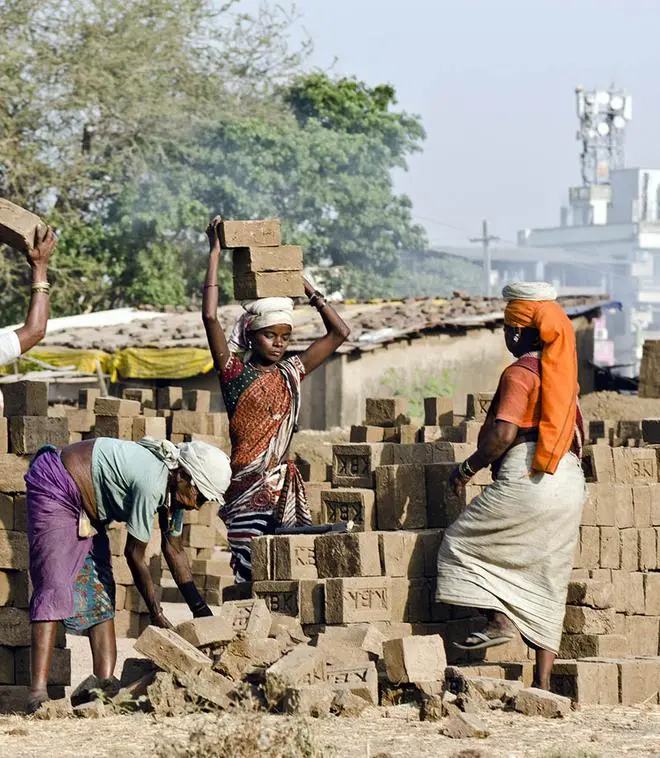On International Women’s Day (March 8), we must remind ourselves that climate change is not gender neutral. Women are more vulnerable than men because they not only make up the majority of the world’s poor but also depend more on declining natural resources.
Depleting natural resources increases their burden of trudging longer distances for drinking water and fuelwood in the hinterland. In urban areas, worldwide around 40 per cent of the poorest households are headed by women.
About 70 per cent of the 1.3 billion living in penury are women. And though they help grow 50-80 per cent of the world’s food, they own less than 10 per cent of the land.

When extreme weather conditions hit a region, it is difficult for women to migrate since they are tied down with housekeeping, fetching water and taking care of the children which is their primary responsibility.
Climate change becomes an additional stressor for women who experience gender equalities with respect to human rights, political and economic status, land ownership, housing, domestic violence, human trafficking, sexual harassment, lack of education and health.
It is vital to ensure gender-sensitivity in programmes for climate adaptation, mitigation, capacity building and technology transfer.








Comments
Comments have to be in English, and in full sentences. They cannot be abusive or personal. Please abide by our community guidelines for posting your comments.
We have migrated to a new commenting platform. If you are already a registered user of TheHindu Businessline and logged in, you may continue to engage with our articles. If you do not have an account please register and login to post comments. Users can access their older comments by logging into their accounts on Vuukle.